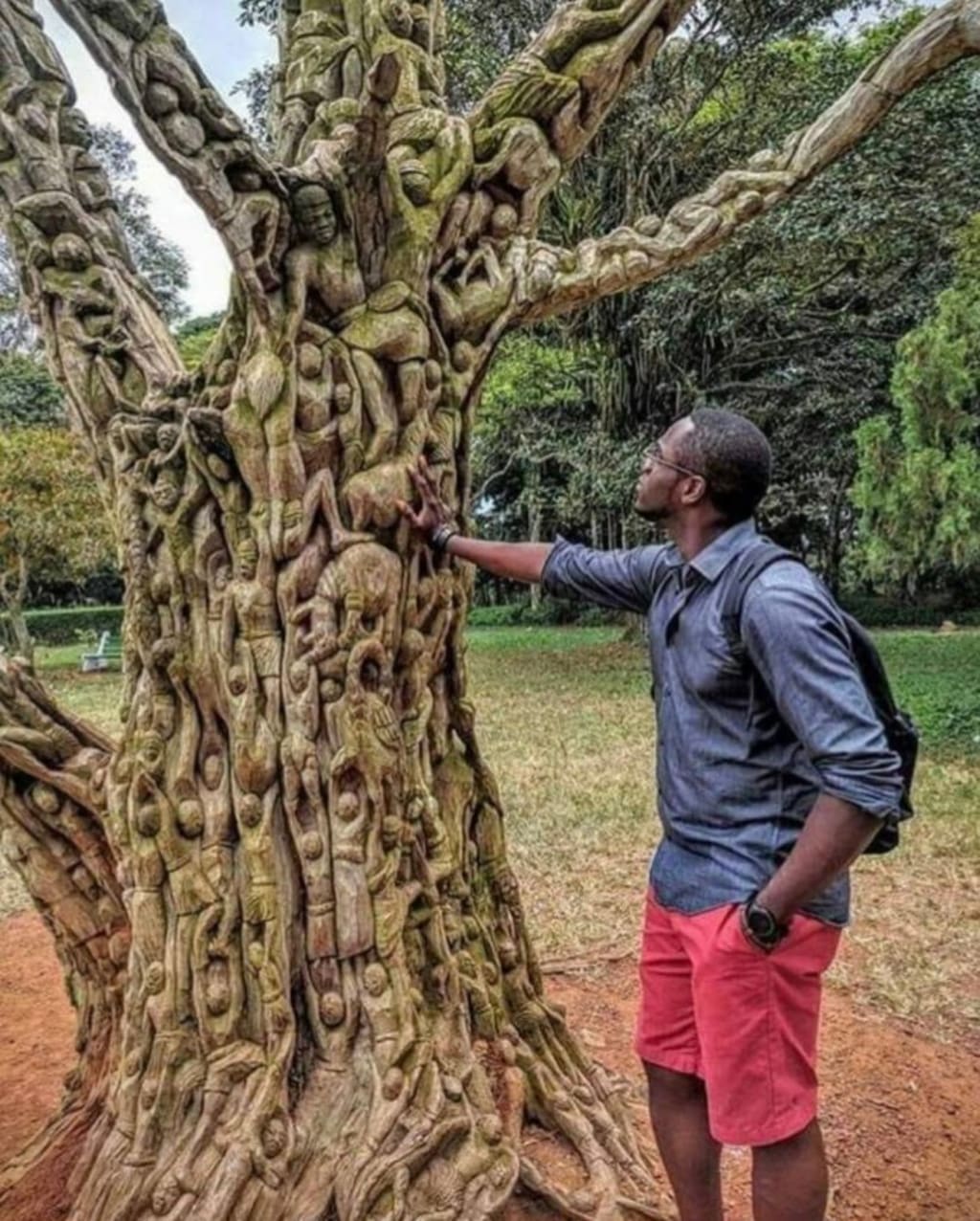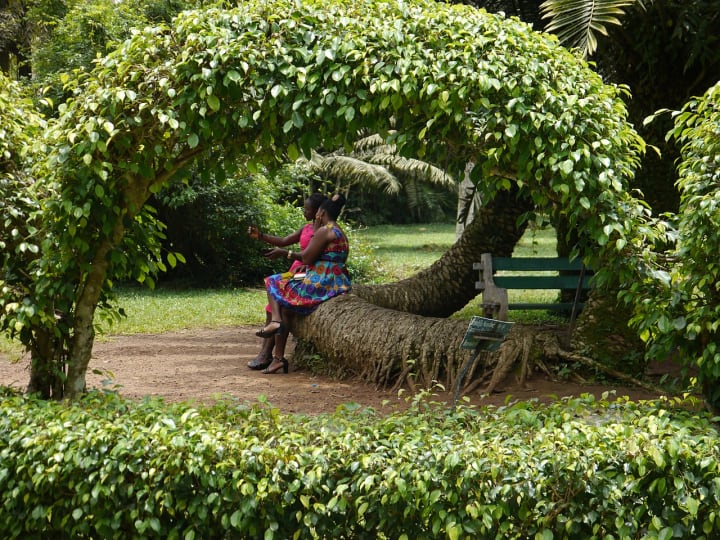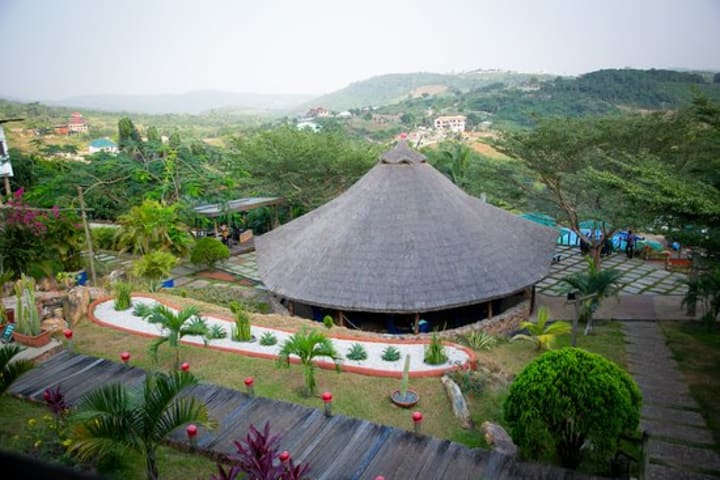
Aburi Garden is a beautiful botanic garden located in the hilly region of Eastern Ghana. It was established in 1890 by the British colonial government as a botanical garden, and till date, it remains a popular tourist attraction that draws a significant number of visitors from across the globe every year. Beyond being a popular tourist destination, Aburi Garden plays a vital role in the development of Ghana in several ways.
Firstly, Aburi Garden is an important source of revenue to the Ghanaian economy. The garden attracts tourists from all over the world and is one of the major tourist destinations in Ghana. Tourists visit the garden to experience its beautiful botanical collections, fresh air, and serene natural environment. As such, Aburi Garden’s tourism potential is a source of income to the Ghanaian economy through the sale of tickets, souvenirs, and other related services. Additionally, the garden has created employment opportunities for the locals, which has led to an improved standard of living for the residents.

Secondly, Aburi Garden plays a critical role as a plant conservation center. Aburi Garden has over the years collected different species of plants, and the garden serves as a center for preserving, conserving, and propagating some of these plants. The garden plays a significant role in preserving the genetic diversity of the species and keeping them from going extinct. In addition, the garden serves as a research center for scientists and botanists who carry out studies on various plant species, their uses, and potential economic benefits.
Thirdly, Aburi Garden plays an essential role in educating the public on the importance of conservation and environmental protection. The garden provides educational programs that aim to raise awareness on the need to conserve plant species, protect natural resources, and promote sustainable living. The garden also engages in research and educational programs that promote a better understanding of plants and their role in the environment, promoting better environmental practices and preservation as a critical aspect of the development of Ghana.

Fourthly, Aburi Garden serves as a recreational center for locals and tourists. The garden’s beauty and serenity provide a relaxing and peaceful environment for visitors who come to unwind, relax, and enjoy a quiet time away from the hustle and bustle of city life. The garden’s unique landscape, including the valley, the lake, and the natural vegetation, gives visitors a unique experience that serves as a significant attraction for tourists.
Finally, Aburi Garden plays a vital role in promoting cultural tourism in Ghana. The Garden’s rich history and significance as a colonial-era botanical garden have made it an important cultural heritage site in Ghana. The garden is home to the colonial-era Governor's Lodge, which has served as a guest house for several high-profile dignitaries and tourists over the years. Beyond this, the garden is a location for several traditional festivals and events held by the locals. These festivals and events showcase the unique cultural heritage of the people of Ghana and attract tourists from all over the world, contributing to the promotion of cultural tourism.

In conclusion, Aburi Garden plays significant roles in the development of Ghana, including generating income for the economy, plant conservation, environmental education and research, recreation, and cultural heritage promotion. The garden remains a prominent tourist destination, attracting visitors from all over the world, and it has contributed to the development of Ghana in various ways. The garden’s importance should be recognized and protected as a critical aspect of the country's development.

1. The Palm House - a symbol of colonial history and the importance of agriculture: The Palm House is a historic building in Aburi Gardens that was built during the colonial era. It was used as a center for the cultivation of palm trees, which were an important cash crop in Ghana at the time., the building serves as a symbol of the country's colonial history and the importance of agriculture.
2. The Orchid House - a representation of beauty and diversity: The Orchid House is a showcase of various species of orchids that can be found in Ghana. This house is a representation of the country's diverse flora and fauna, as well as its commitment to preserving its natural heritage.
3. The Bamboo Cathedral - a spiritual and architectural symbol: The Bamboo Cathedral is a unique structure in Aburi Gardens that is built entirely from bamboo. It is a popular spot for weddings, religious ceremonies, and other special occasions. This structure represents the spiritual and architectural traditions of Ghana.
4. The Lily Ponds - a symbol of serenity and tranquility: The Lily Ponds are a peaceful and serene spot in Aburi Gardens, where visitors can relax and enjoy the beauty of the surroundings. These ponds represent the tranquility and serenity that can be found in nature.
5. The Arboretum - an educational and environmental symbol: The Arboretum in Aburi Gardens is a collection of trees from different parts of Ghana and other parts of the world. It serves as an educational resource for visitors to learn about different tree species and their importance to the environment. This area is a symbol of Ghana's commitment to environmental conservation and education.
About the Creator
Freddy
mystery, facts and horror stories to read






Comments
There are no comments for this story
Be the first to respond and start the conversation.